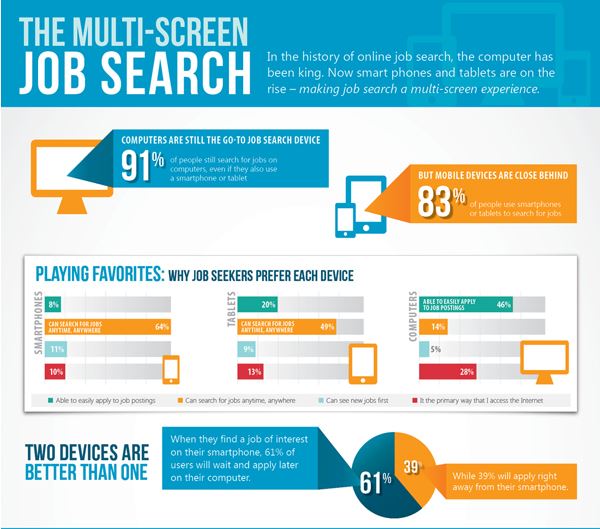 From time to time, prospective NPAworldwide members, new members, and even some of our existing members will ask what is involved in making an international split placement. Here is a real-life example of how one such deal came together. The recruiters were Taufik Arief from People Search Indonesia in Jakarta and Julie Parsons from Premium Consulting in Brisbane, Australia. They share their story below:
From time to time, prospective NPAworldwide members, new members, and even some of our existing members will ask what is involved in making an international split placement. Here is a real-life example of how one such deal came together. The recruiters were Taufik Arief from People Search Indonesia in Jakarta and Julie Parsons from Premium Consulting in Brisbane, Australia. They share their story below:
Who had the job?
Taufik: I received the job opening from my client. Our firm had filled a role for them within our region, which resulted in receiving this new job opening in Brisbane.
Taufik, how did you make your NPAworldwide partners aware of the role?
Taufik: I posted the opening on the NPAworldwide online sharing tool, SplitZone.
Julie, how did you become aware of the opportunity?
Julie: I have a search agent set up that automatically sends me all new job openings in Brisbane. Taufik’s role was included in the search agent.
Had you previously worked together on an international split placement?
Julie: No, this was my first introduction to Taufik. We did get to meet each other face-to-face eventually at an NPAworldwide conference in Beijing, though!
How were candidates sourced?
Taufik: Julie worked the job from scratch to find the candidates.
Julie: I knew I could fill it if I had the trust of my partner and his client.
What was the interview process like?
Julie: Initially, it was NOT easy – there were too many people involved! Taufik was the point of contact with the client in Indonesia, but we also had involvement from HR in China, HR in Singapore, the headquarters in Sweden, plus a hiring manager and me in Australia working with local Brisbane candidates. We had about 2-3 attempts at the job and lost some good candidates because the process was too slow due to all the different people involved from different locations. Once I was able to take direct control of the interviews with the local hiring manager, everything ran smoothly.
What was the offer process like?
Taufik: It took about 3 months from the start to the offer/acceptance. Once we got the client dealing directly with Julie and the local candidates, it was not too difficult. My client needed some assistance and advice in packaging the offer to make it acceptable to Australian candidates.
Were additional hires made?
Taufik: Actually, from the final shortlist of 3 candidates, the client hired two people even though we were only officially working on one vacancy! The client was very impressed with the caliber of candidates that we put forth. Both candidates are still working for the client, and both have been promoted.
Did the candidates have to relocate?
Julie: One candidate was originally from the UK but had just recently moved to Brisbane where the job was. The other candidate was an Iranian living in Sydney; he did move to Brisbane.
Were there any special circumstances such as a visa?
Julie: No visa issues, but we did provide real estate information for housing.
Any other comments you would like to add?
Julie: This was a good experience. Taufik gained additional revenue from 2 more jobs filled due to the initial service the client received. We were able to fill jobs we never had – jobs we would not have received on our own.
Taufik: We have been able to keep expanding our services geographically with this same client with help from our NPAworldwide trading partners. We have made placements for this client in Indonesia, Singapore, and Australia and are now working on a role in India. Collaboration with my partners helps us perform well for our clients, leading to more roles, leading to more collaboration – it is a very positive circle!
Thanks for sharing, and congratulations on your success!
The recruiting process is basically the same whether you are working locally, regionally, nationally, or internationally. Sure, there may be some additional elements, like time zones and visas, that can lengthen the process. With the right partners, recruiters should feel confident saying YES to the clients and to an international split placement!










